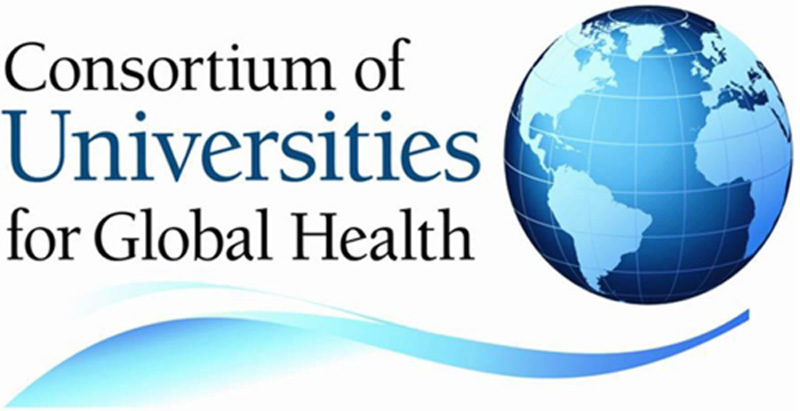A lack of access to healthcare professionals is an enormous and growing global challenge. The WHO estimates a projected shortfall of 18 million health workers by 2030. The situation, however, is most dire in low-low middle-income countries (LLMICs) where the disease burden across noncommunicable diseases and infectious diseases is the highest. Some of these countries have fewer than 1 physician per 10,000 people, and less than 1 nurse per 1000.
In the face of this gross misalignment between need and capacity, high-income countries like Canada, the United States and Great Britain are making the situation worse by poaching vital healthcare workers from LLMICs. People are certainly free to go wherever they want, but these are active efforts by rich nations to fill their own needs at the expense of the world’s poorer nations. These efforts cost lives, increase disability and hinder these nations’ development.
Dr. Agnes Binagwaho, Rwanda’s former Minister of Health said, “No country will develop without human development and no human development is possible without access to health. This is why Africa invests in its human resources for health. However, when rich countries are purposely pushing for brain drain, they steal huge amounts of resources that Africa is investing in the education of its health professionals. Educating our healthcare professionals in our countries costs us far more than what rich countries pretend to give us for supporting our development. Note that, in football, this is not allowed. The financial investment is always paid back when professionals change clubs.’
Dr. Nancy Reynolds head of the WHO Collaborating Centre for Nursing and Midwifery at Johns Hopkins University said, “This is a decades old problem that has been exacerbated by the pandemic. Nurses in high income countries are leaving the profession in unprecedented numbers because of unsafe and often harrowing workplace conditions. Aggressively drawing providers from low-income countries to fill the gap is a shortsighted, unacceptable solution. There must be far greater investment in measures to retain nurses in the workplace in both high and low resource settings.”
Dr. Keith Martin the Executive director of the Consortium of Universities for Global Health said, “people are free to go where they wish, however the poaching of healthcare workers in low-income countries is profoundly hypocritical and deeply undermines the ability of countries who are most in need to take care of their citizens when they fall ill. Rich nations must immediately stop actively poaching health workers from low-income countries. If they accept a health worker who emigrates on their own from an LLMIC, they must train two individuals with similar skills in that nation.”
